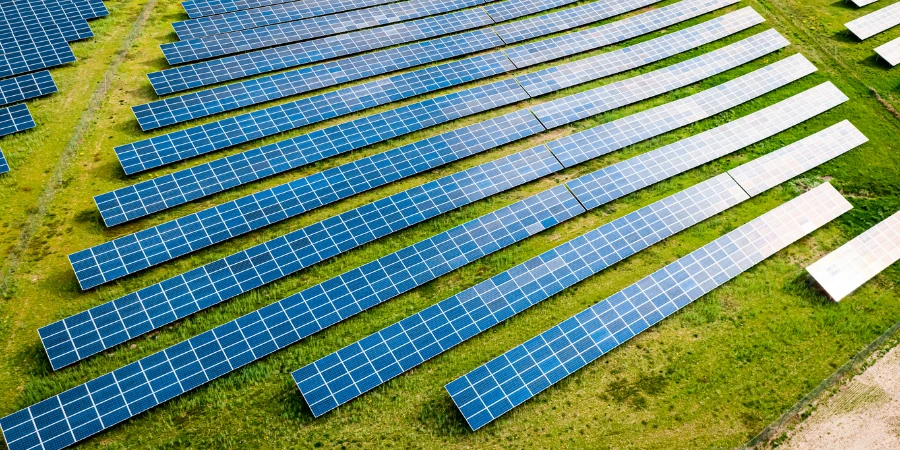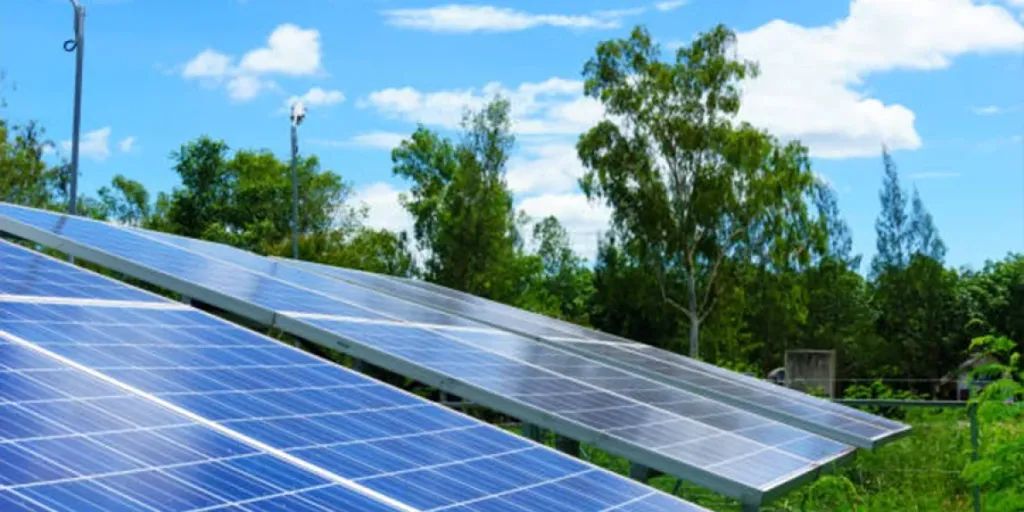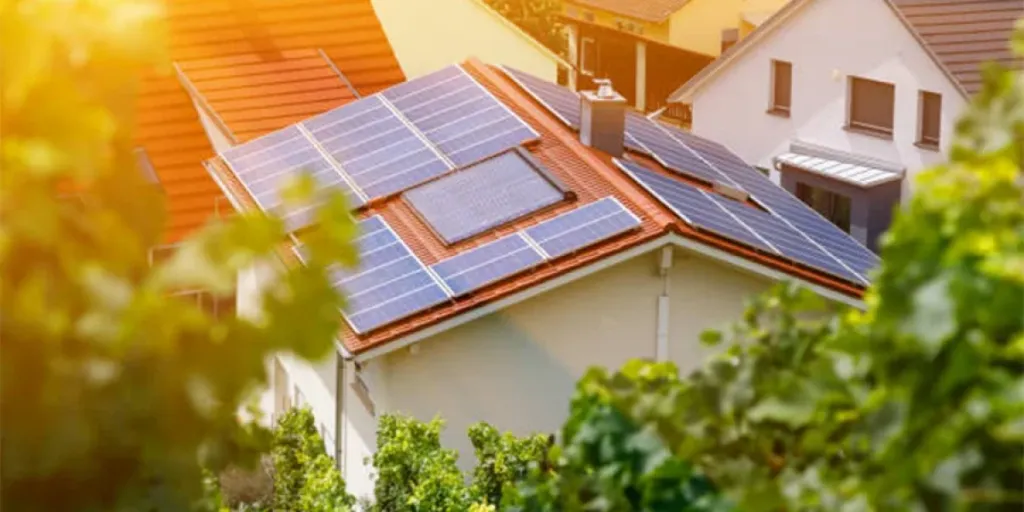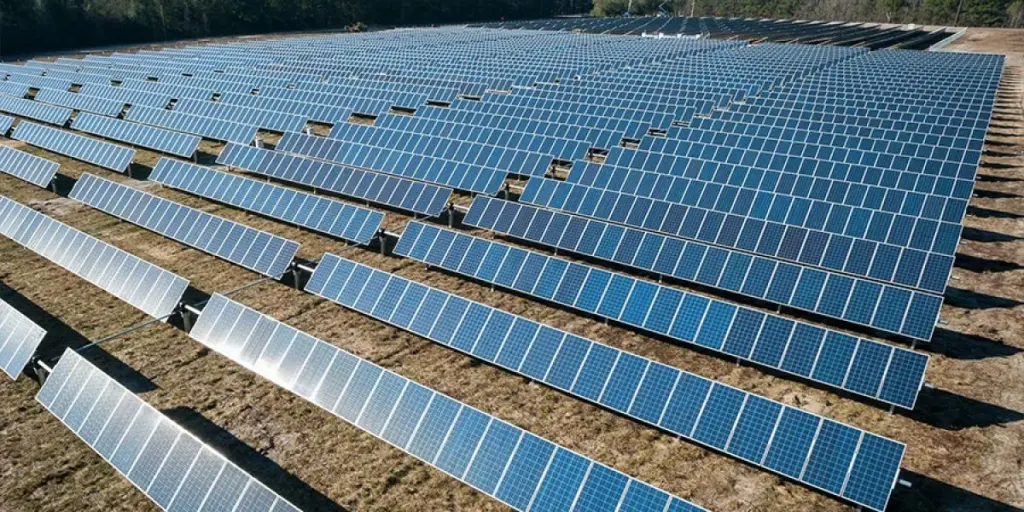- NZIA has cleared the final hurdle to be formally adopted and ready to be published in the Official Journal
- It will pave the way for the EU to support local clean energy technology manufacturing
- For solar PV, the target is to install a minimum of 30 GW of annual manufacturing capacity across the supply chain
- The NZIA will also encourage resilience and sustainability as non-price criteria to boost demand for local production
The European Union (EU) has announced final adoption of the Net-Zero Industry Act (NZIA) that will scale up the bloc’s clean technology manufacturing capacity to meet at least 40% of its annual deployment needs by 2030. The act will formally enter into force once it is published in the Official Journal, expected sometime towards the end of June 2024.
Announced as part of the Green Deal Industrial Plan in February 2023, the NZIA is designed to strengthen the bloc’s domestic manufacturing capacities of key clean technologies, including commercially established solar PV technology.
For solar PV, the EU is targeting a minimum of 30 GW annual manufacturing capacity by 2030 across the supply chain. It targets to boost demand for renewable energy and locally produced technologies by implementing sustainability and resilience criteria in procurement procedures and auctions.
European solar PV lobby association SolarPower Europe (SPE) has welcomed the development calling the NZIA an essential piece of the industrial strategy puzzle.
SPE’s Head of Supply Chains Anett Ludwig said, “Especially the introduction of resilience criteria in public support schemes will substantially improve offtake visibility for European solar manufacturers at this critical time.”
The association wants the non-price criteria to be applied consistently and sensibly across the bloc. These should be technology specific, phased-in gradually and applied as award criteria instead of prequalifications.
The act aims to cut down red tape and accelerate permitting to lower administrative burden for developing net-zero manufacturing projects.
“With the Net-Zero Industry Act, the EU has now a regulatory environment that allows us to scale up clean technologies manufacturing quickly,” said the European Commission President Ursula von der Leyen. “The Act creates the best conditions for those sectors that are crucial for us to reach net-zero by 2050. Demand is growing in Europe and globally, and we are now equipped to meet more of this demand with European supply.”
The inclusion of resilience criteria at the EU level will be much welcomed by the bloc’s solar manufacturing players, especially in Germany, which is the largest PV market in the EU today. The lack of resilience criteria in the German government’s Solar Package I prompted Meyer Burger to shift its solar module manufacturing capabilities to the US.
With no instrument to scale up demand for locally produced modules, another German manufacturer Solarwatt is also shutting down its module fab in Dresden by August 2024-end (see Another German Solar PV Module Production Fab Closing Down).
SPE also demands that over and above the NZIA, the solar manufacturing industry will still need emergency support and a structural EU fund to scale up local production.
“Some manufacturers have weeks left of survival, this emergency requires urgent action from EU and national authorities. SolarPower Europe requests to set up an additional EU financing tool like a Solar Manufacturing Facility under the Innovation Fund,” explained Ludwig.
Source from Taiyang News
Disclaimer: The information set forth above is provided by Taiyang News independently of Chovm.com. Chovm.com makes no representation and warranties as to the quality and reliability of the seller and products.




